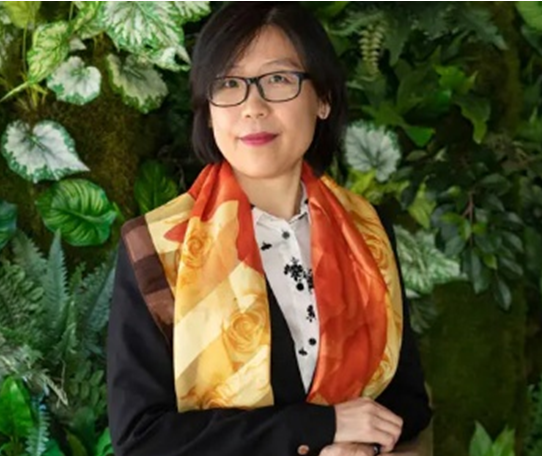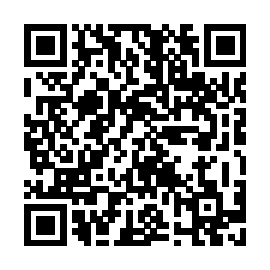
嘉宾简介:Jia Li, Ph.D., is an associate professor at Vlerick Business School in Belgium and a visiting scholar at Rotterdam School of Management at Erasmus University in the Netherlands. Her research centres on team change, development, and dynamics, team leadership, and human-robot teaming. Her work has been published in such journals as Academy of Management Annals, Journal of Management Studies, Journal of Organizational Behavior, Journal of Business Research, Journal of Occupational and Organizational Psychology, European Journal of Work and Organizational Psychology, and so forth, and has won Best Paper Awards at INGRoup, Eastern AoM, and WAOP conferences. Her research has been awarded 1 Millions Euros in total by the Dutch and Belgian government respectively. She has been an invited speaker across Europe and China on topics about team dynamics and longitudinal research methods. She also co-developed and co-caught a national PhD course on longitudinal research methods in social and organizational psychology at Kurt Lewin Institute in the Netherlands.
讲座简介:Team dynamics broadly refers to change in all aspects of teamwork over time. Traditionally, team research has followed an Input-Process-Output (IPO) framework to understand team effectiveness (McGrath, 1964; Hackman & Morris, 1975). Team inputs are what is brought into teamwork (e.g., team composition), team processes are what teams do (e.g., team coordination), and team outputs are what teams produce (e.g., team performance). Because the IPO framework corresponds nicely with the static statistical model of predictor-mediator-outcome (and with team contexts as moderators), team research has primarily used static data to understand team effectiveness. Only until recently have team researchers started to systematically and deliberately reflected upon how team inputs, processes, emergent states, outcomes, contexts, within- and between-team networks would change over time (e.g., Kozlowski, 1999; Li & van Knippenberg, 2021; Marks et al., 2001; Ployhart et al., 2022) and how such changes influence each other. In this talk, I will discuss the development of team dynamics research, the state of the science, and theoretically meaningful directions for future team research – this also includes a brief discussion of human-robot teaming research, when AI and robots represent a new form of intelligence and labor and start to join the workforce to work humans in teams.







